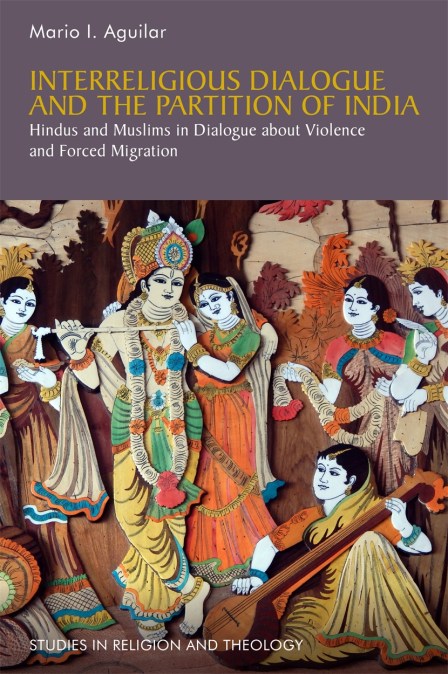In a time of schism, violence and forced migration, how can God be understood? With his latest book, Catholic Benedictine hermit Mario Aguilar explores the religious identities of Hindus and Muslims in the aftermath of the 1947 partition of India. Looking at the experiences of the victims who were silenced, he reveals how out of this traumatic period has emerged a peaceful dialogue between faiths, held together by shared humanity and prayerfulness. Founded on a fascination with what unites rather than divides religions, Aguilar offers a theological reading of a major event in twentieth century history that is both creative and constructive.
Newsletter Signup
By clicking ‘Sign Up,’ I acknowledge that I have read and agree to Hachette Book Group’s Privacy Policy and Terms of Use
Reviews
In this informative, evocative, and provocative work, Aguilar interweaves anecdotal and experiential account with penetrating critical analysis. Traversing India's modern history as well as other contexts highlights how hostility arising from the rejection of diverse others leads to the mutual pollution of destructive violence. The response to toxic interreligious behaviour is the patient journey of deep, interpersonal, interreligious dialogue. Aguilar deftly draws the reader into his own such journeying and allied theological reflection.
Set amidst the furious fervour of India's partition, this empathetic account is testimony of how those at the receiving end of violence could convert narratives of horror into narratives of hope. Perceptive political analysis intersects with passionate theological imagination to paint a poignant, yet profound, picture of the boundary crossing potential of the faith in the context of boundary reifications.

